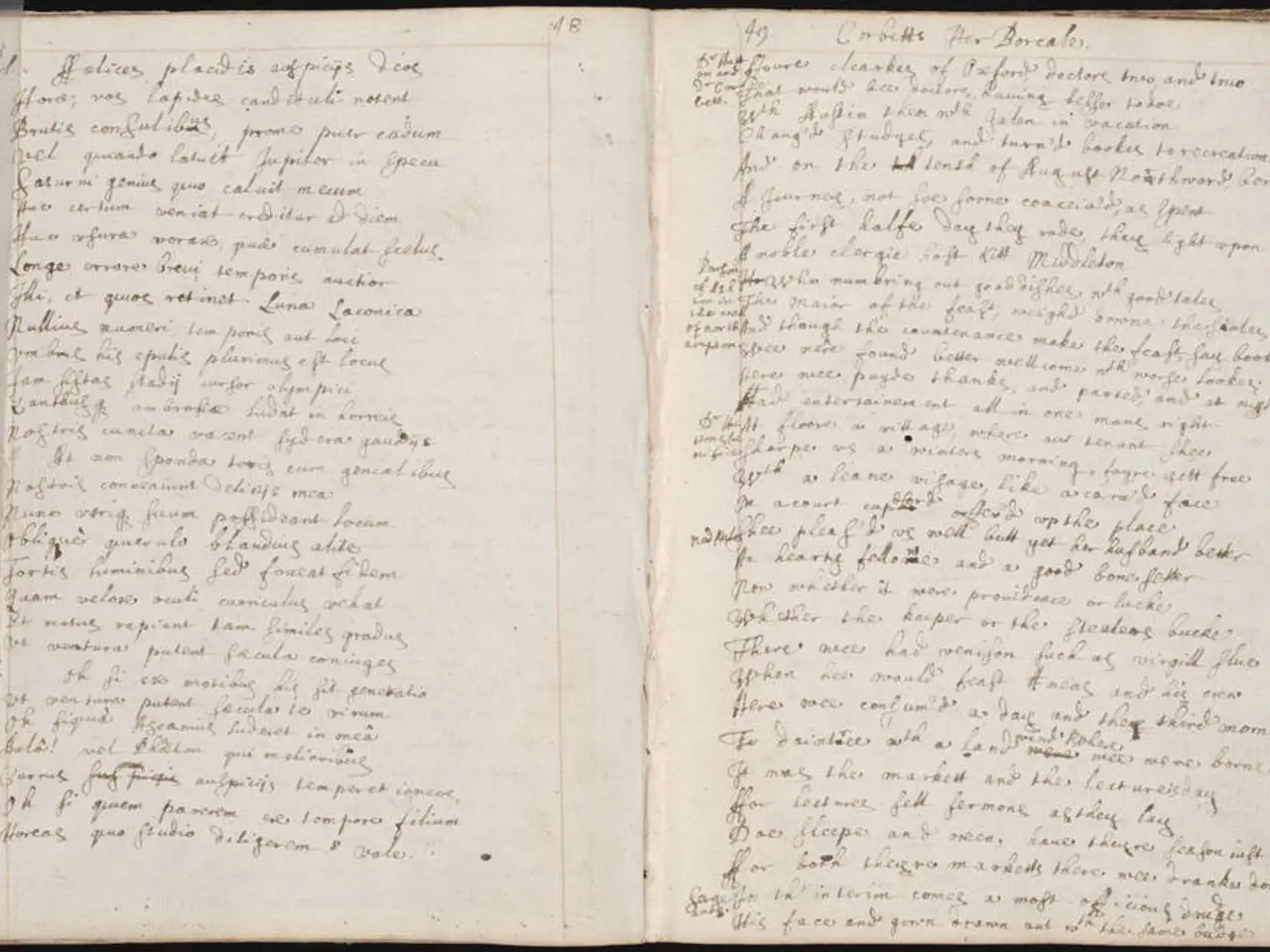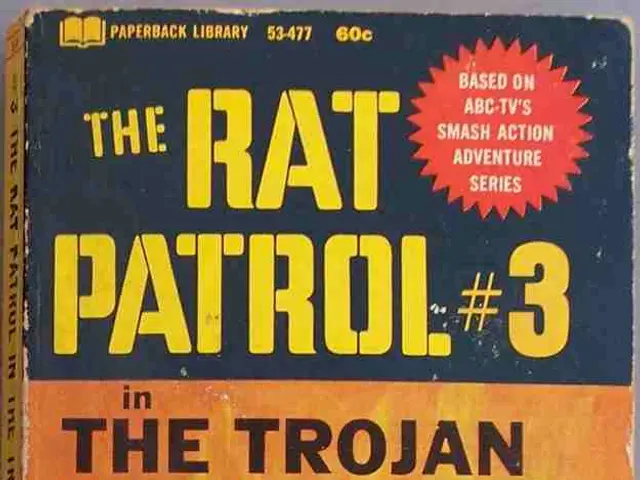Discourse on Politics and Recent Historical Events
Propaganda, a tool used to shape public opinion, dates back to the earliest forms of writing. Originally, it was employed in religious and political contexts, serving as a means to influence beliefs and actions.
Throughout history, propaganda has been a powerful instrument, used to gain, expand, and secure power. However, in the 20th century, it took on a strongly negative connotation, particularly due to its misuse by authoritarian regimes such as Nazism. Today, propaganda generally refers to communication orchestrated by such regimes.
One of the greatest threats in this regard comes from Russia's use of sophisticated technical means to destabilize liberal democracies. This includes the spread of disinformation, deliberate false reports often used in propaganda, and the manipulation of social media platforms.
Addressing this challenge is a central concern for open societies. They combat propaganda and disinformation by developing joint strategies involving politics, economy, and civil society. These strategies include preventive and reactive measures, addressing the use of AI-generated content, social media manipulation, and hybrid influence networks.
For instance, responses to Russian disinformation campaigns and AI-based fake content production have involved educational initiatives like teacher training against fake news and interdisciplinary research programs such as Germany’s Re:DIS. These efforts aim to improve detection, understanding, and resilience against disinformation by fostering public awareness, critical media literacy, and coordinated research.
However, unfairly labeling statements as "disinformation" and "propaganda" could lead to these terms losing their meaning. This could endanger the liberal character of open societies, as labeling controversial statements as such could be harmful to political discourse.
Finding ways to curb targeted misinformation without endangering freedom of speech is a delicate balance that open societies must strike. Strengthening individual critical faculties is often the only recourse to curb targeted misinformation. Encouraging critical thinking and media literacy is key to empowering individuals to discern truth from falsehood.
It's important to remember that while spreading untruths is hard to prevent, the boundary between truth and lies could become even more blurred due to the unfair labeling of statements. As we navigate this complex landscape, it's crucial that we uphold the values of truth, transparency, and freedom of speech while combating the insidious influence of propaganda and disinformation.
Read also:
- United States tariffs pose a threat to India, necessitating the recruitment of adept negotiators or strategists, similar to those who had influenced Trump's decisions.
- Weekly happenings in the German Federal Parliament (Bundestag)
- Southwest region's most popular posts, accompanied by an inquiry:
- Discussion between Putin and Trump in Alaska could potentially overshadow Ukraine's concerns






